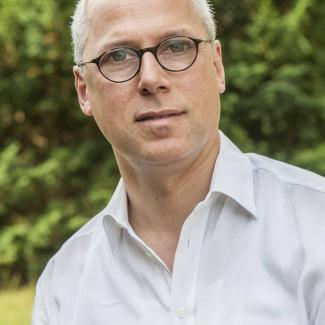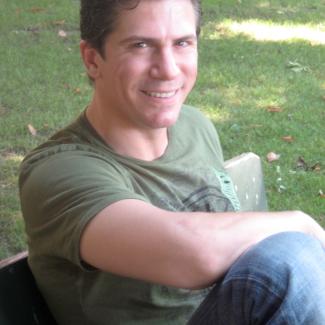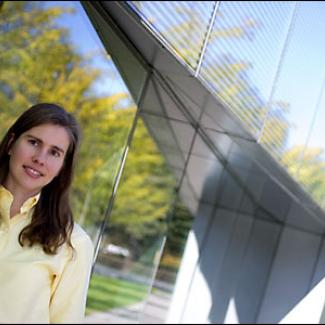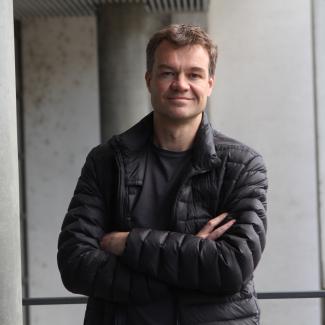
Regulatory Genomics and Epigenomics aim to understand the way gene expression is controlled in cells by understanding the sequence elements and organization that govern this expression. Over the last decade this field has been revolutionized by new experimental data stemming from massively parallel sequencing technologies. Classical computational biology techniques, such as algorithms for motif discovery at the sequence level, are facing challenges on a new scale. At the same time, diverse data types need to be analyzed in an integrative manner, leading to challenging machine learning problems on large and noisy data sets. The long term goal is the development of models explaining how DNA sequence is read out differently under different circumstances, with the static sequence thus giving rise to highly dynamic responses.
All talks will be recorded. Enquiries may be sent to the organizers at this address.
Nadav Ahituv (UCSF), David Amar (Tel Aviv University), Ziv Bar-Joseph (Carnegie Mellon University), Serafim Batzoglou (Stanford University), Niko Beerenwinkel (ETH Zürich), Martha Bulyk (Harvard Medical School), Harmen Bussemaker (Columbia University), Kevin Chen (Rutgers University), Colin Collins (Vancouver Prostate Center), Angela DePace (Harvard University), Hu Ding (State University of New York at Buffalo), David Dynerman (UC Berkeley), Funda Ergun (Indiana University), Eileen Furlong (EMBL Heidelberg), Monica Golumbeanu (ETH Zürich), Raluca Gordan (Duke University), Dan Gusfield (UC Davis), Iman Hajirasouliha (Stanford University), Alexander Hartemink (Duke University), Beyrem Khalfaoui (MINES ParisTech), Carl Kingsford (Carnegie Mellon University), Anshul Kundaje (Stanford University), Martin Kupiec (Tel Aviv University), Marine Le Morvan (MINES ParisTech), Florian Markowetz (University of Cambridge), William Stafford Noble (University of Washington), Uwe Ohler (Humboldt University/Max-Delbruck Center), Yaron Orenstein (Massachusetts Institute of Technology), Lior Pachter (UC Berkeley), Pavel Pevzner (UC San Diego), Katie Pollard (UCSF), Victoria Popic (Stanford University), Teresa Przytycka (National Institutes of Health), Ben Raphael (Brown University), Magnus Rattray (University of Manchester), Remo Rohs (University of Southern California), Cenk Sahinalp (Indiana University), Thomas Sakoparnig (University of Basel, Biozentrum), Ron Shamir (Tel Aviv University), Roded Sharan (Tel Aviv University), Trevor Siggers (Boston University), Saurabh Sinha (University of Illinois Urbana-Champaign), Steve Smale (City University of Hong Kong), David Tse (Stanford University), Esko Ukkonen (Helsinki University), Fabio Vandin (University of Padova), Erik Van Nimwegen (Basel University), Jean-Philippe Vert (MINES ParisTech), Martin Vingron (Max Planck Institut für molekulare Genetik), Michael Waterman (University of Southern California), Zhiping Weng (University of Massachusetts), Bartek Wilczynski (University of Warsaw), Lim Soon Wong (National University of Singapore), Jinbo Xu (Toyota Technological Institute at Chicago), Nir Yosef (UC Berkeley), Meirav Zehavi (Technion Israel Institute of Technology), Xiuwei Zhang (EMBL)






